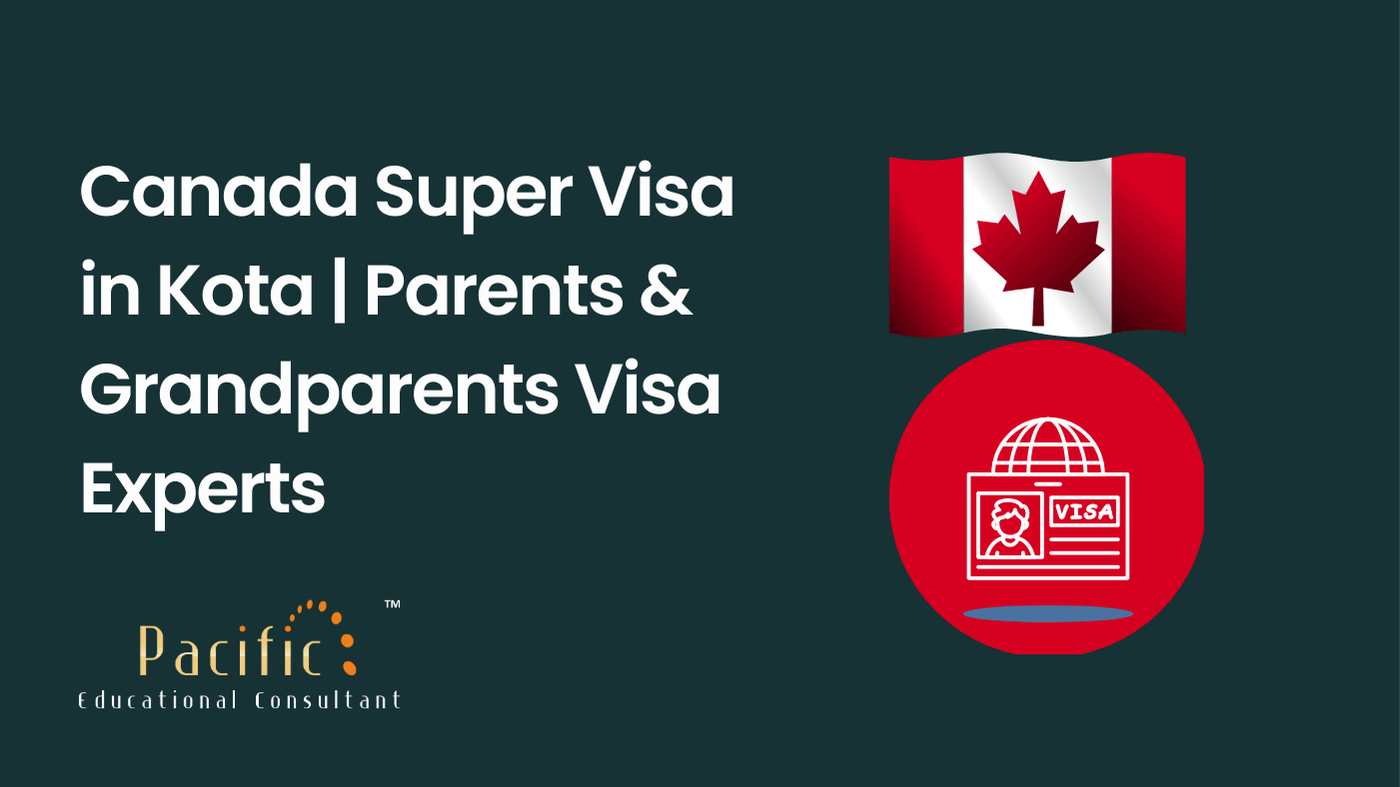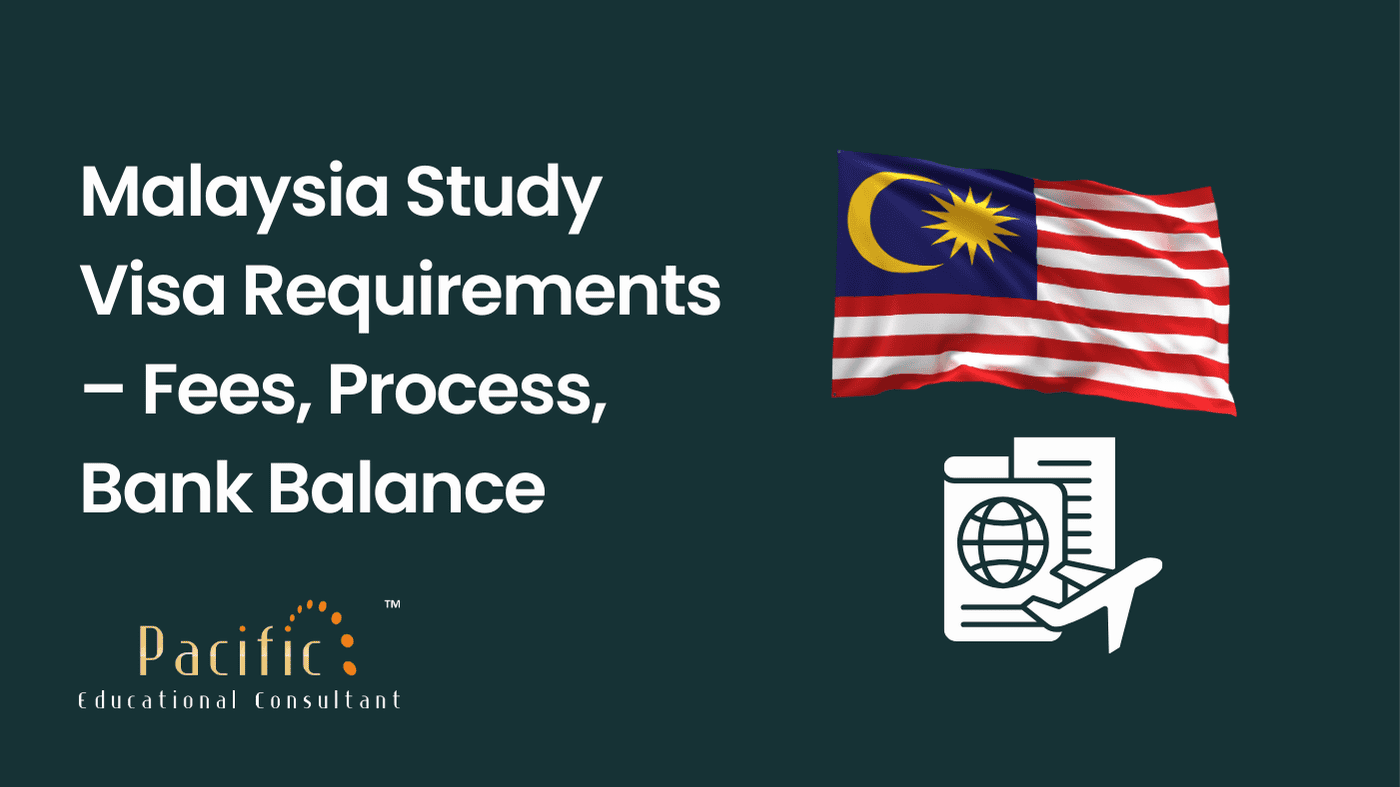


The Canadian passport
has solidified its reputation as one of the most powerful travel documents
worldwide, securing the seventh spot in Henley and Partners' 2024
global passport rankings. This prestigious recognition highlights the
remarkable privileges and opportunities available to Canadian citizens,
reinforcing the passport’s strength in international mobility and
accessibility.
Henley and Partners, a renowned residence and citizenship advisory firm, has been publishing passport rankings for nearly two decades. Their 2024 evaluation, grounded in data from the International Air Transport Authority (IATA), measures passports based on the number of destinations their holders can visit without requiring a visa.
This year, the Canadian
passport offers visa-free travel to 187 countries, maintaining its
seventh-place position for the second consecutive year. Canada shares this rank
with Czechia, Hungary, and Malta, further cementing its position as a global
leader in passport power.
The Canadian
passport's seventh-place ranking stems from its ability to unlock a
wealth of opportunities for its holders:
This combination of mobility,
economic opportunity, and access makes the Canadian passport a coveted asset
for its citizens.
The Henley Passport
Index for 2024 highlights a competitive global landscape:
· Top
Rank: Singapore: The Singaporean
passport leads the world with visa-free access to 195 countries.
Second
Place: France, Germany, Italy, Japan, and Spain: These countries tie for second place,
providing visa-free travel to 192 destinations.
·
Eighth
Place: United States: The U.S. passport
ranks just behind Canada, with access to 186 countries.
·
Lowest
Rank: Afghanistan: Afghanistan holds
the last position with visa-free access to only 26 nations.
Among G7 nations,
Canada outperforms the United States, reflecting its ongoing commitment to
strong diplomatic ties and international agreements.
The Canadian
passport's consistent performance in global rankings is a testament to its
strength. Notably, in 2014, it was ranked as the second most powerful
passport worldwide. Over the years, Canada has remained a top 10
contender, underscoring the country's stability and favorable global
relationships.
How Canadian Passport Holders Benefit
The advantages of a
strong passport extend beyond leisure travel. Canadian citizens can leverage
their passport in numerous ways:
·
Simplified
International Travel: Visa-free access
reduces travel barriers, allowing Canadians to explore diverse cultures and
destinations.
·
Business
Opportunities: Easier entry to economic
hubs promotes international trade and investment.
·
Enhanced
Safety: A respected passport
offers additional support and protection abroad through robust consular
services.
For many Canadians,
dual citizenship amplifies the benefits of holding a Canadian passport. By
possessing two passports, individuals enjoy broader access to countries,
enhanced rights, and unique opportunities unavailable to single citizenship
holders.
While the Canadian
passport boasts numerous strengths, maintaining its global standing requires
continuous effort. Challenges include:
·
Evolving
Geopolitical Landscape:
Changes in international relations can affect visa agreements.
·
Global
Competition: Other nations are
actively strengthening their passports through new partnerships and visa
waivers.
However, Canada’s
history of strategic diplomacy and consistent rankings suggest that the nation
will remain a leader in passport power.
The strength of the
Canadian passport reflects the country’s global influence. It empowers its
citizens to seize international opportunities while fostering cultural and
economic connections worldwide.
FAQs
What makes the
Canadian passport ranked seventh-best in the world?
The Canadian passport ranks seventh due to its visa-free access to 187
countries, dual citizenship opportunities, and access to work and study
programs globally.
How does the Canadian
passport compare to other G7 nations?
Among G7 nations, Canada ranks higher than the United States, which is eighth.
Other G7 members, such as France, Germany, and Japan, rank higher, tied at
second place.
Has the Canadian
passport always been highly ranked?
Yes, the Canadian passport has consistently appeared in the top 10 of Henley’s
rankings, even securing the second spot in 2014.
What are the
advantages of holding a Canadian passport?
Canadian passport holders benefit from visa-free travel to 187 countries,
simplified international mobility, enhanced business opportunities, and strong
consular support.
How does dual
citizenship enhance the benefits of a Canadian passport?
Dual citizenship allows individuals to hold two passports, expanding their
access to more countries and offering additional rights and privileges.
Why is Singapore
ranked higher than Canada in 2024?
Singapore’s passport provides visa-free access to 195 countries, compared to Canada’s 187, giving it the top spot.
Conclusion
The Canadian
passport's seventh-best ranking is a source of pride and opportunity
for Canadians. It exemplifies the nation’s strong international ties and
commitment to facilitating global mobility for its citizens. As Canada
continues to strengthen its diplomatic and economic relationships, the future
looks promising for maintaining and enhancing its passport power.
Suggestions for Links
·
Internal
Links:
o “Top 10 Countries for Canadian Expats”
o “How to Apply for Dual Citizenship in Canada”
·
Outbound
Links:
o Henley Passport Index 2024

Canada Super Visa in Kota | Parents & Grandparents Visa Experts

Malaysia Study Visa Requirements – Fees, Process, Bank Balance

MDS in Germany : Fees, Licensing, Salary & Eligibility for Indian Dentists

PTE Reading Tips and Tricks: How to Improve PTE Reading Score

Best Architecture Colleges in the World: Ranking, Fees & Admission

Top GMAT Accepting Colleges in World for MBA

Fully Funded PhD Scholarships Abroad for Indian Students

MBA in Project Management in UK: Top Universities, Fees & Jobs

Top 10 Universities for MBA HR in Canada | Eligibility & Process

MS in Agriculture in Australia: Top Universities, Scholarships & Jobs